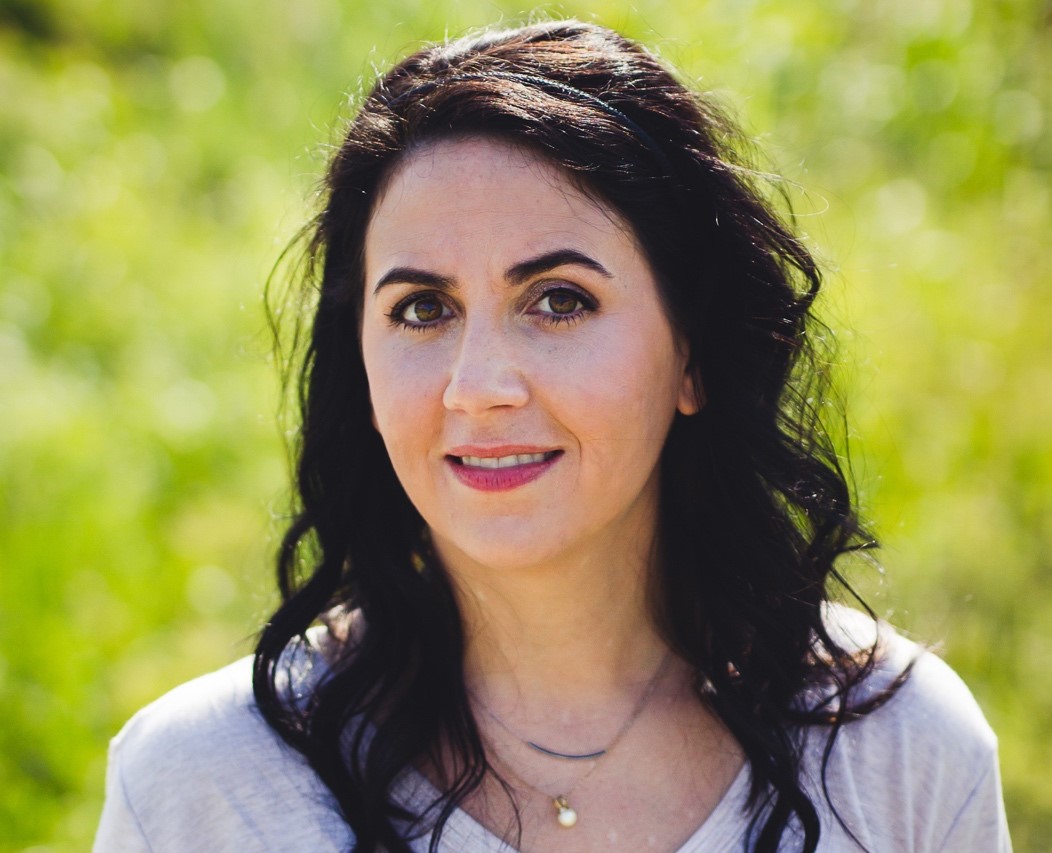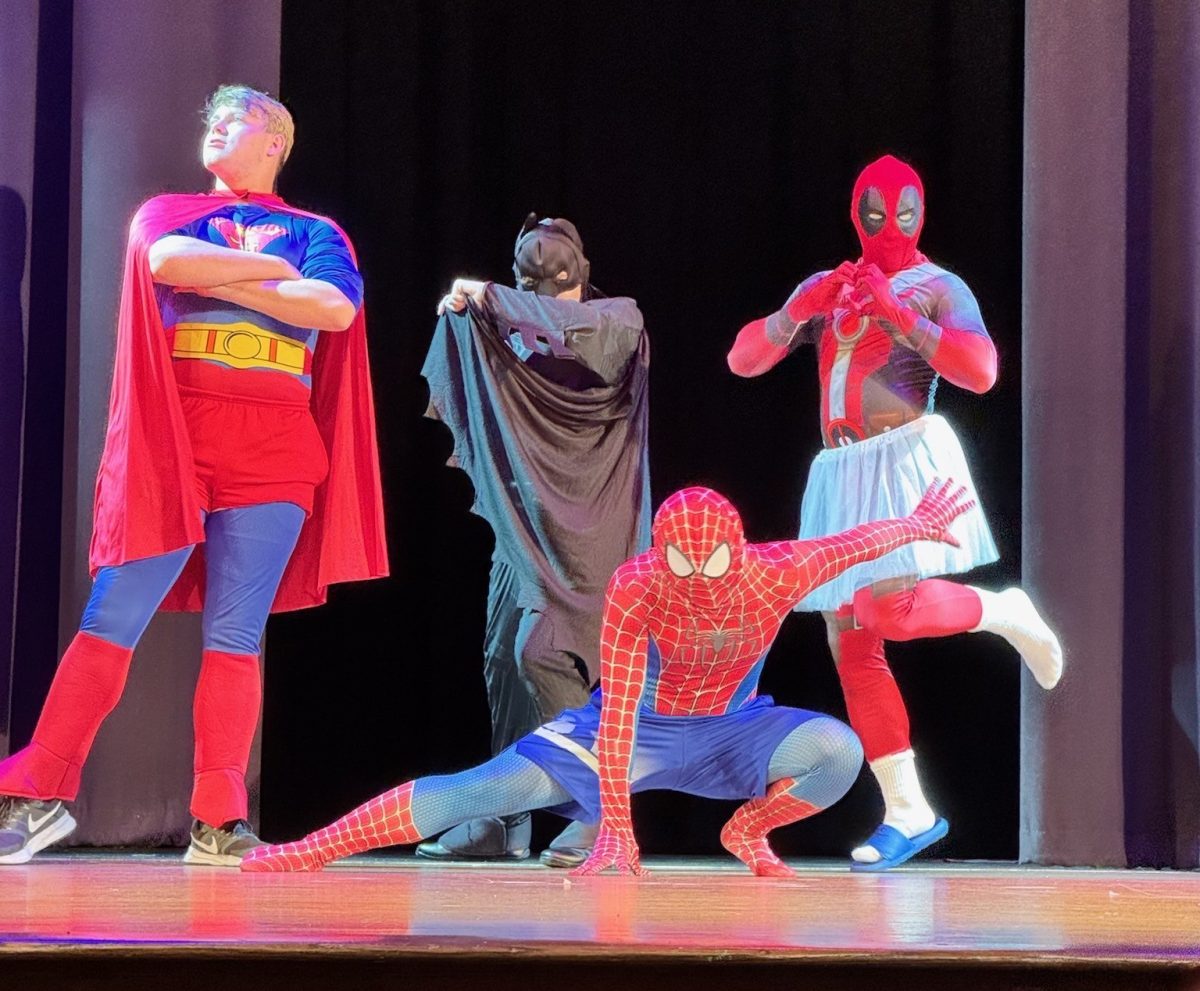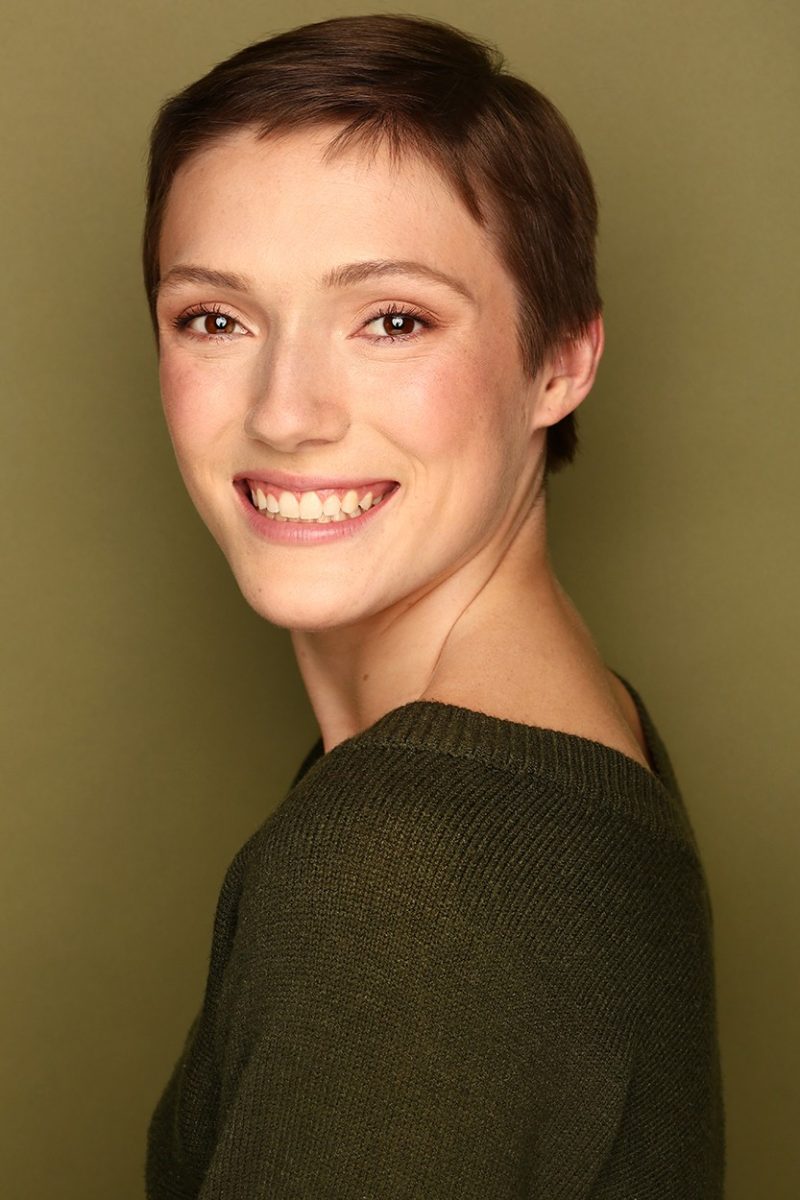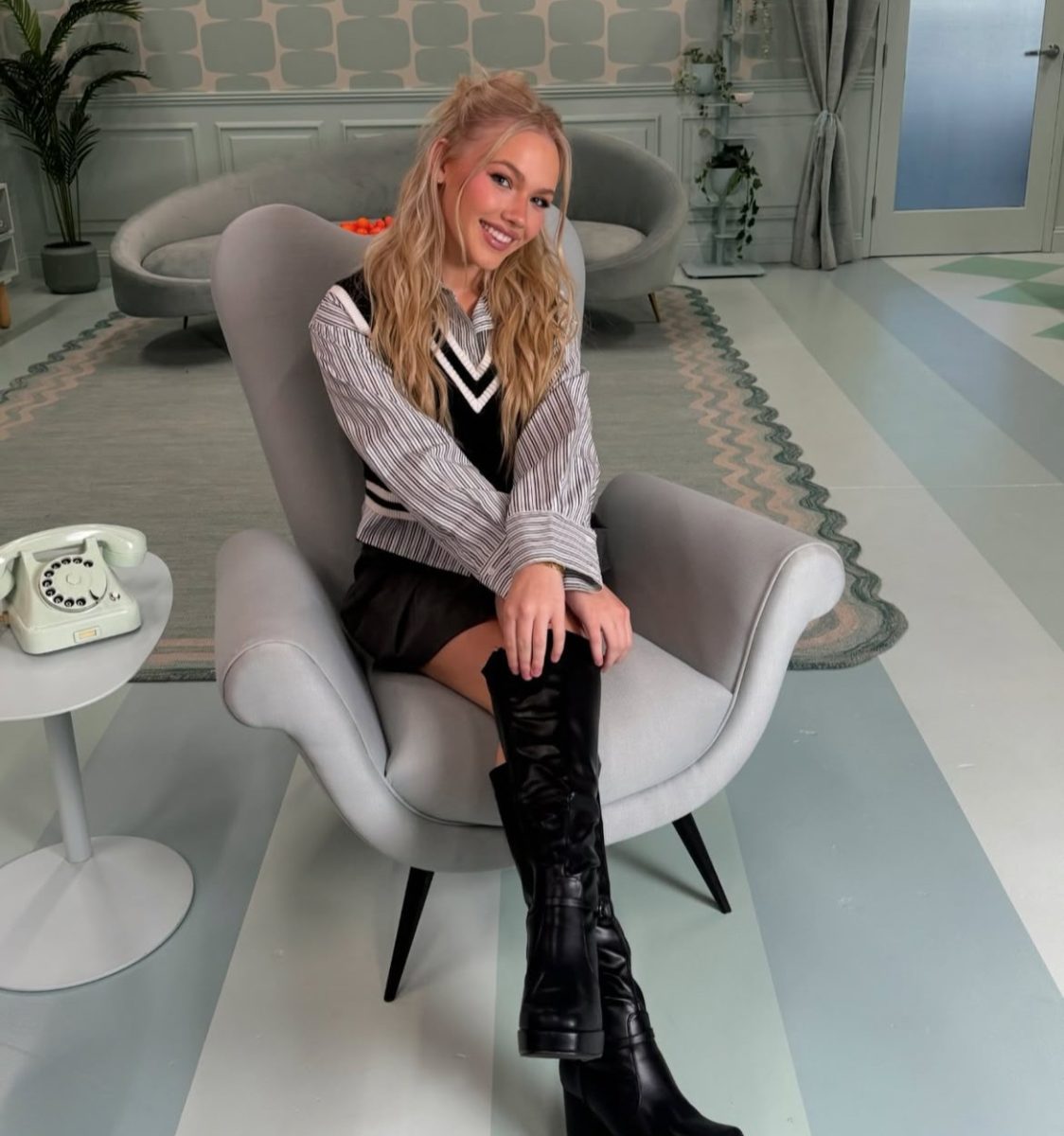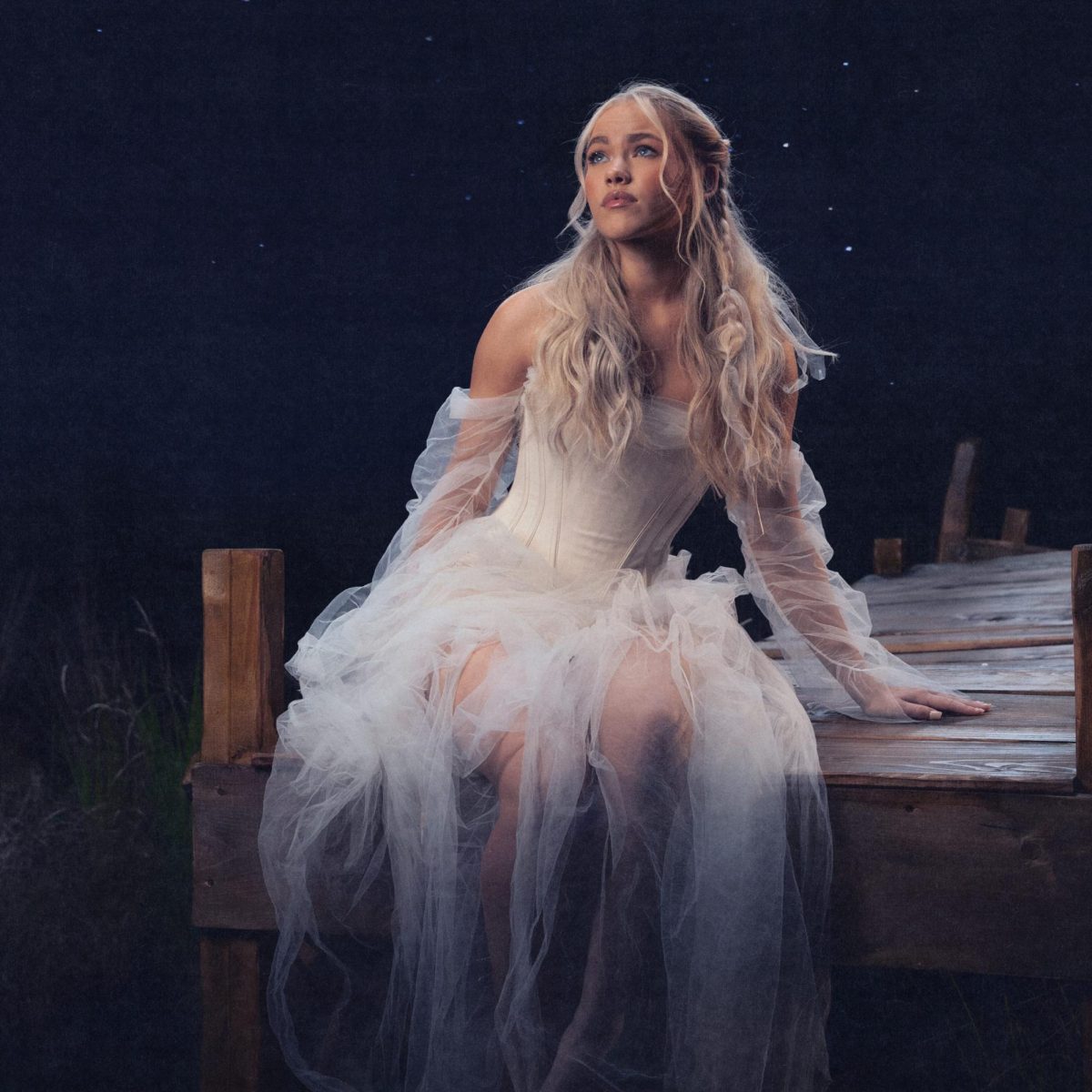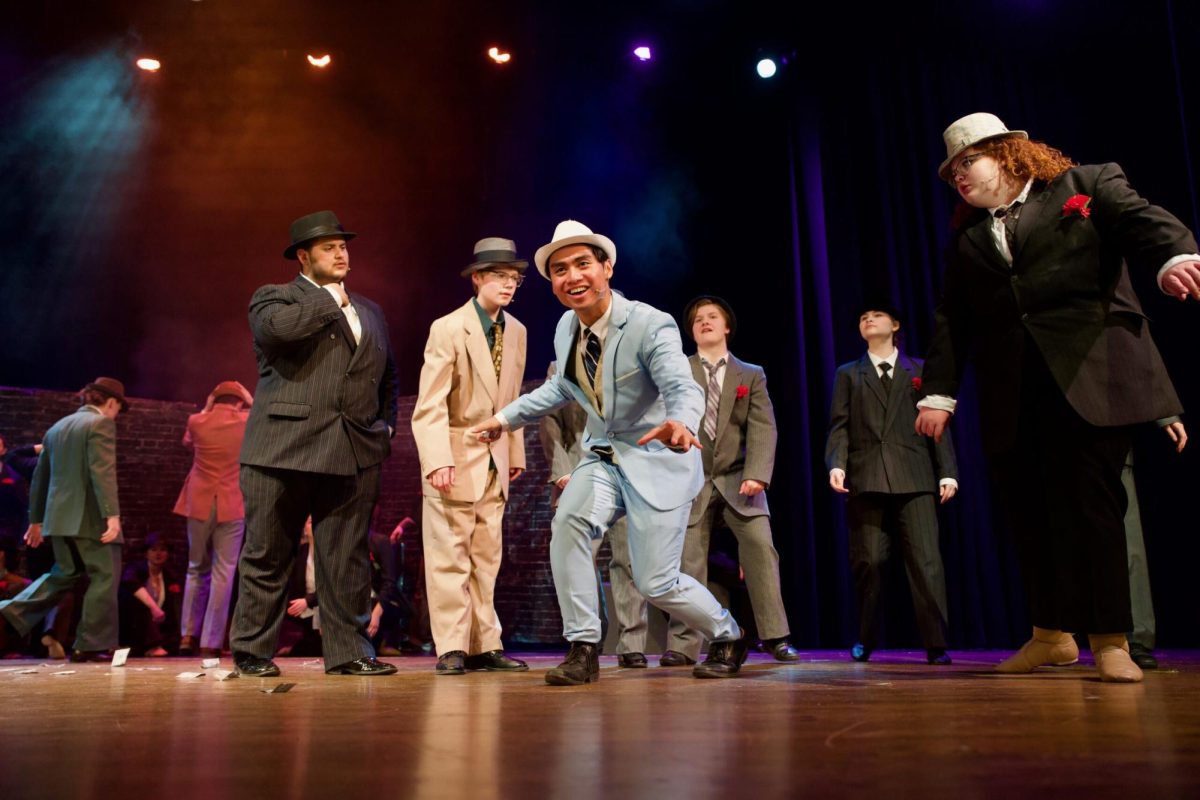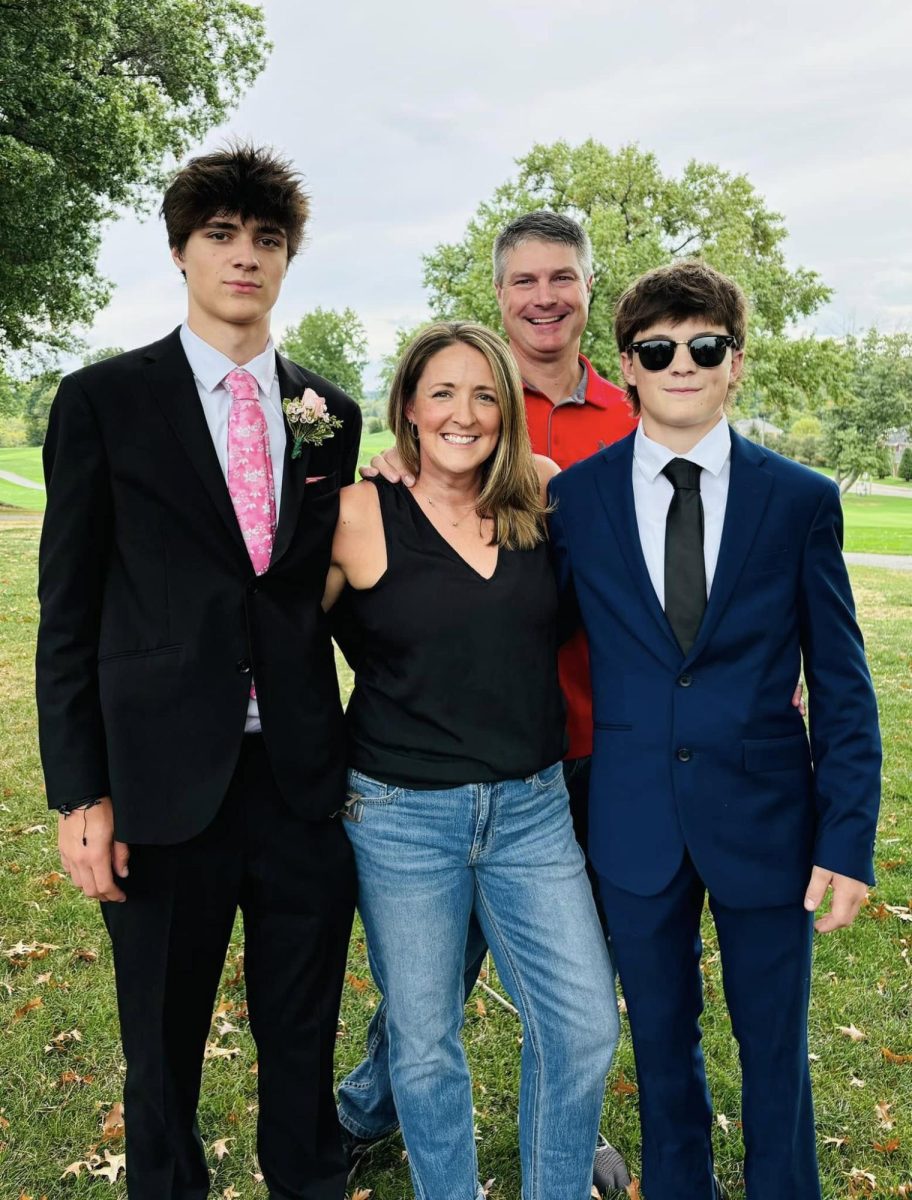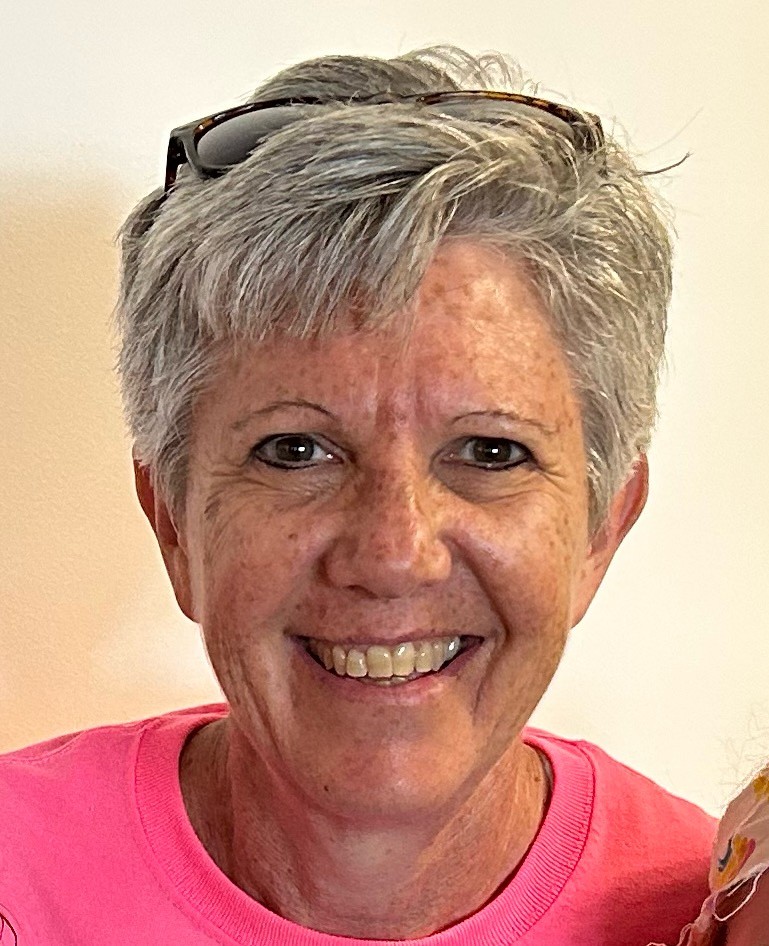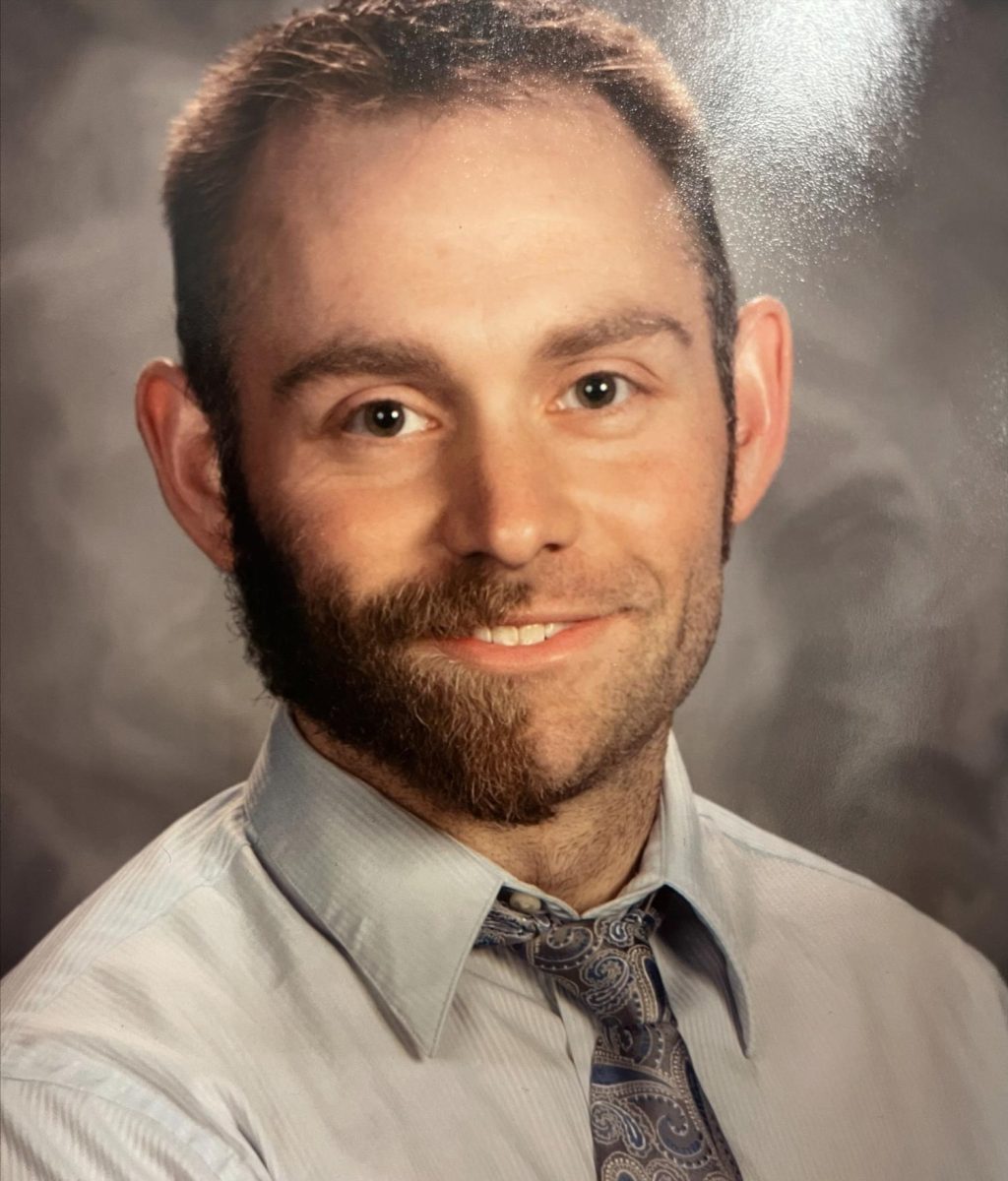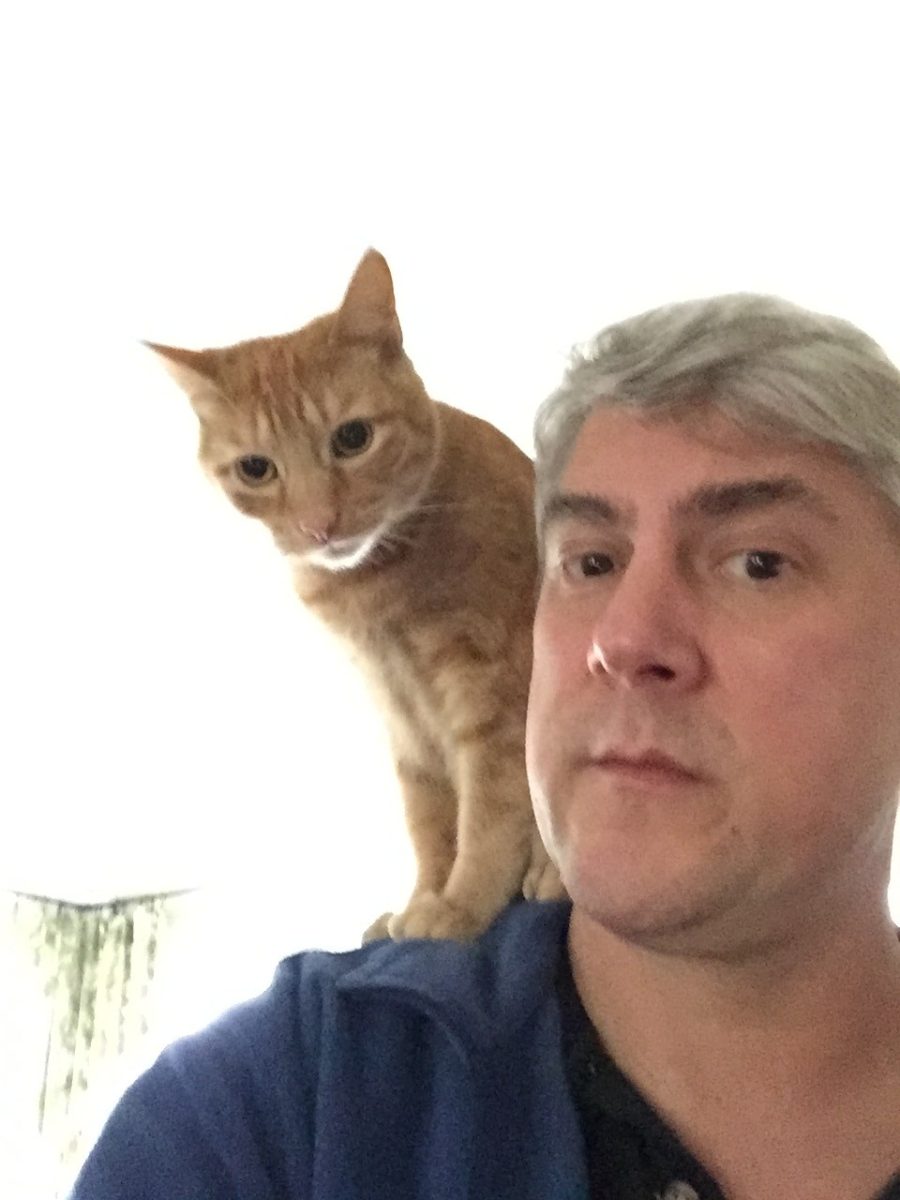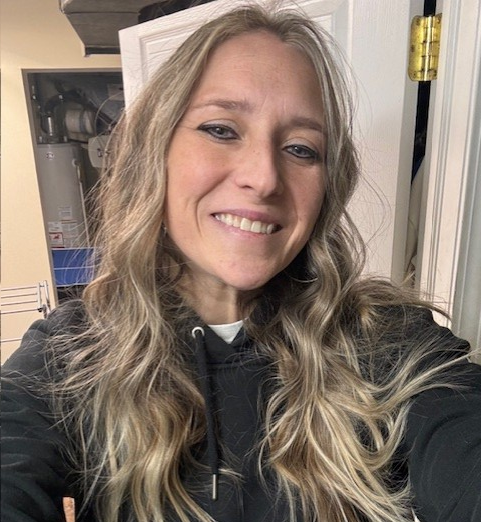Jessica Chiccehitto Hindman is the author of the acclaimed memoir “Sounds Like Titanic”. Hindman’s book delved into her experience as a young violinist performing for a fake orchestra, one that used pre-recorded music. Through humor and sharp insights, Hindman captures surreal moments of her time with the orchestra, making readers question what real art is and the challenges of pursuing one’s dreams. Since the release of her memoir, Hindman has moved into teaching. She is currently teaching creative writing at Northern Kentucky University.
What inspired you to write your book, “Sounds Like Titanic”? Was there a specific moment where you thought, ‘Oh, my gosh, this story needs to be told?’
There were a lot of moments like that. When I first started thinking that I would write about it, I actually didn’t think it was going to be a memoir or be about me really at all. I wanted to write something a little bit more intellectual, and the first chapter I ever wrote of the book was actually the one about the Mozart effect. I always found that to be a really fascinating idea, that people thought that if you listen to Mozart, it’s going to make you smart, especially because the actual science sort of said otherwise. People have these almost magical ideas about music. On one hand, that’s really beautiful because the music really does have this connection between people, but on the other hand, it’s not magical. It’s interesting how that sort of filtered down through culture in our society of how people still think that if you just blast Mozart at your baby, it’s going to get them into Harvard. Then, I ended up going to grad school. Everyone just kept saying, “You have to write about this guy and write about this tour.”
Your book touches upon the idea of imposter syndrome in a very literal way. Has that experience shaped your viewpoints going through life and experiencing things that could warrant the same feeling?
The book is kind of playing with that term, right? There’s this real sort of phenomena that people have described: Imposter syndrome – being qualified to do something but feeling like you’re not. But I was also playing on that idea because I was literally an imposter. I think I was dealing with two things: being an imposter, but then in other parts of my life, having imposter syndrome, which is something different. I think the additions to that conversation in the past 5 to 10 years are really important too. The discussion about imposter syndrome would often arrive at the idea that you should just be confident and believe in yourself and stop thinking that you can’t do it. You belong here, just like everyone else in it. The problem with those sorts of solutions is they really ignore real discrimination, real marginalization that goes on. Just believing in yourself isn’t going to get rid of sexism or racism or classism, right? Those are real things, real barriers people face. And believing in yourself might help, but it’s not going to solve those things.
What advice would you give to people who may be dealing with advice such as that?
Well, the first thing is you’re not crazy. If you feel like people are telling you that you can’t do stuff or that you don’t belong, you might not be crazy, right? It might be the fact that they aren’t taking you seriously or that they aren’t respecting your work. That can be validating, just that those things really do exist. At 43, I’m still figuring out how to navigate that. Sometimes when I read some of the things that leaders, politicians, the such, say about women’s expectations for those sorts of things, I’m still shocked, even though I know I shouldn’t be. They don’t think I’m a real human being. It doesn’t really compute. That sort of thing is helpful to keep in mind- there are real barriers and they’re not your fault as an individual. Confidence in things comes with time too. I used to think getting old would be really terrible and if you had mentioned the age of 43 to me when I was 18, I’d say, gross, that’s old. What do you even do at that age? Just be boring. And it’s not true! Life has gotten way easier in a lot of ways. There are new things that pop up that you didn’t have to deal with. You have to do it now. It’s not this flat line in which you’re always going to be struggling for confidence. With time you can really grow into yourself and understand what you’re good at.
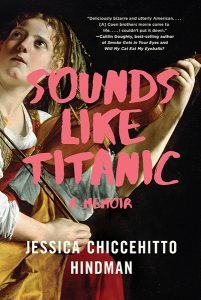
Were there any stories that you were hesitant to put in or struggled to formulate into words?
The most personal stuff is always the hardest to write. I started out thinking this wouldn’t have me in the book at all. Then it became so deeply personal. I was describing my panic disorder, which involved having to go to the bathroom, one of the most embarrassing things you write about for a national audience. But the story demanded it. It was not going to make sense any other way. At the end I realized that including that material really helped show the impact that this had on me and also served as one of the larger metaphors. I really wanted to show in the book, which was about my own sort of descent into mental illness, but a culture’s descent into that after a huge cultural trauma, which was September 11th.
How has studying abroad impacted your vision and views on today’s politics and conflicts?
It set my worldview forever. Studying abroad in Egypt in 2001 gave me a view of September 11th that very few Americans got, and it also radicalized me against the Iraq War, which I protested against. When that war happened after years of protest, it solidified for me the fact that America’s role as a world leader, from my vantage point, has been done for about 15 years. You can kind of see it now. I’m not some geopolitical expert, but you can see it in the ways that conflicts unfold and the ways other countries are not responding to the US in the ways that it used to. When I was your age, the U.S. was the undisputed leader and whatever we said or did was really paid attention to. It feels since that war, since that time, that has become decreasingly so. The world is becoming more dangerous and a lot of the same conflicts that really interested me in college are still taking place right now.
With advancements in AI, do you think we could be entering into a new era of fake performances?
Absolutely. We already are. I’ve been having my students examine what ChatGPT does with personal narrative. What’s been interesting is when I did this in class my students said this is so unethical. One of my students said, I want to know whose trauma this was, and this is really disrespectful to people who have been through this. I’ve really been thinking about that, about how this form of writing, if done about personal subjects, is taking from other people’s lived experiences. Are we actually harmed when it’s not a human being writing about being human? It’s really getting away from what I always feel writing and art in general is about, which is humans connecting with other humans.
What made you decide to go into teaching?
It was kind of by accident. I grew up in a poor Appalachian town with a really crappy public school system. I had amazing teachers, but they were disrespected. They weren’t paid well. They were overwhelmingly women who were then ruled over by male administrators. The whole reason I wanted to go off to New York City was to not have that life. I got to grad school and in order to pay for tuition, there was a teaching fellowship that was really competitive to get. I was working as a secretary at the time to pay tuition, but teaching was a more prestigious thing to do. What ended up happening is I really fell in love with it. I didn’t realize how intellectual and how challenging and how meaningful helping other people with their writing could be.
Do you have any special or favorite moments from your years teaching?
One of my favorite things right now is running a program called Let’s Write a Personal Statement. It’s for students who are applying for jobs, grad school, or medical school from marginalized backgrounds. I help them write their personal statements because rich people hire professional writers all the time to help them write those essays. This is for free. It’s just very meaningful when somebody gets into medical school or dental school who’s the first in their family to even go to college, or even graduate from high school. Helping them write their essay, a major part of them getting in, that’s life. You just helped change someone’s life forever.


